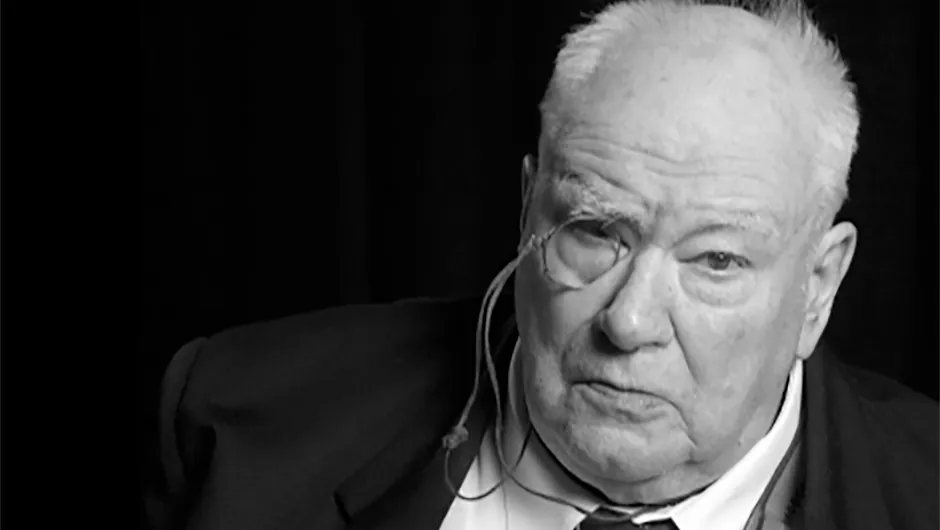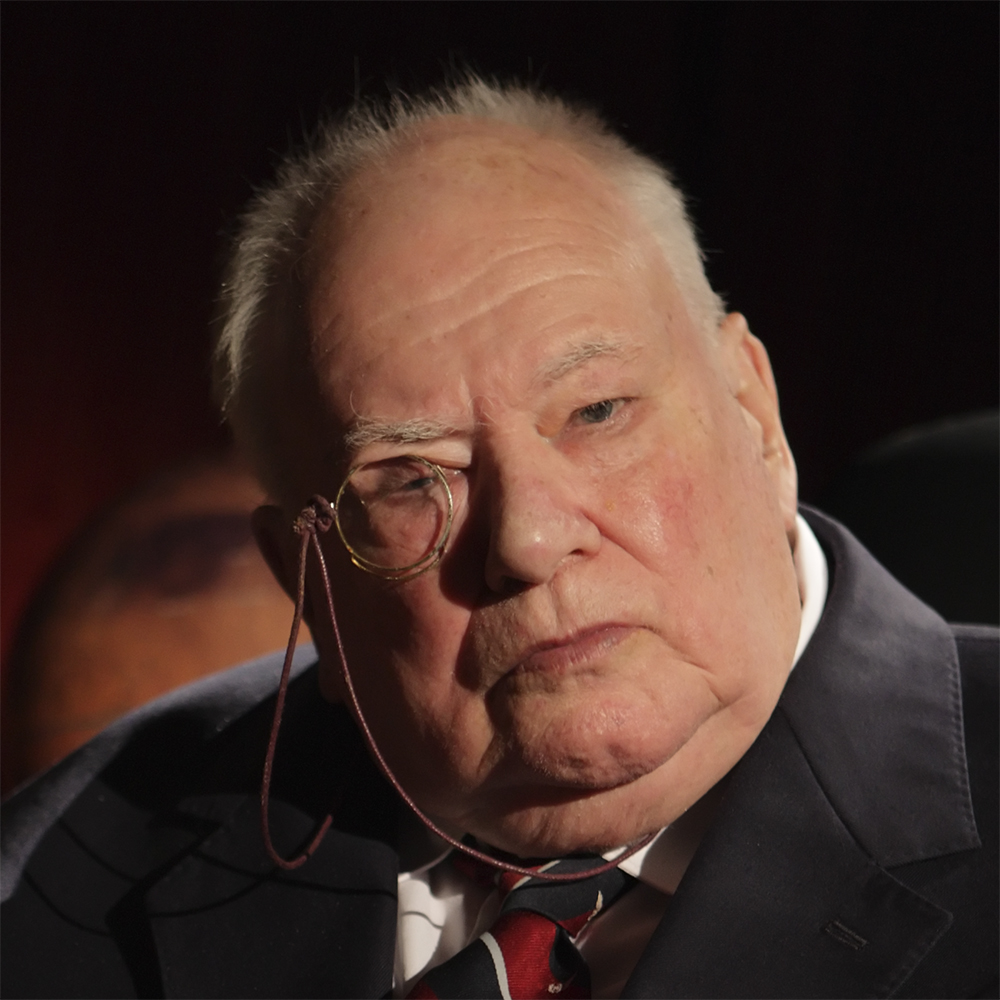Since I had been mixed up in the observation of the Moon for many years, I was the astronomer on the scene for the coverage of the Apollo 11 mission.When we came to anything to do with astronomy or the Moon, it would be my cue to commentate.
I remained in the studio throughout the mission, with James Burke, who commentated on the mechanical side of the mission, and Cliff Michelmore, who did the general commentary.
And there was also the usual team buzzing around: cameramen, sound men, assistant producers and secretaries.
On the night of the Moon landing, I was nervous. At the time, there was a lot of debate about the lunar surface and whether it was covered in soft dust or whether it was solid.
I’d always been sure that the lunar surface was firm, and we knew something of the nature of the surface from the Russian and American landers, but there was still some doubt there.
I remember looking at the Moon through my telescope during the mission and thinking it was amazing that there were people up there on the Sea of Tranquillity.
The point is that they couldn’t have been rescued; if they had made a faulty landing there would have been no return.When I heard Neil’s voice coming through – “The Eagle has landed” – I felt immense relief.
My main thought was that they were down safely and that the worst was probably over.However, it didn’t end there. The other thing that made me very tense was when they blasted off from the lunar surface.
There was only one ascent engine on the lunar module, and that had to work properly first time; luckily it did.Because I was busy commentating I didn’t have time to celebrate then, but I had a large drink after the programme had finished.
The TV pictures that came back from the Moon looked very grainy and rough, but they were amazing for the time.

They gave a very good impression of what it was like to be there, and it was just as Buzz Aldrin described in his famous phrase “magnificent desolation”, which really hasn’t been bettered.That’s really what it was.
When it came to the moonwalks, I believed in saying as little as possible.I wanted people to watch the historic event without interruption, and I didn’t want to talk over the astronauts.
If they started talking while I was talking, I stopped, even if I was in mid-sentence. I was very careful about that.
Apollo 11 didn’t do a lot of science, but it confirmed what the Moon was like and it proved that we could travel to other worlds.
I remember looking at the Moon through my telescope during the mission and thinking that it was amazing that there were people up there on the Sea of Tranquillity.
I was immensely enthusiastic about Apollo, but I think NASA was right to call it off at 17.I don’t believe the cancelled missions would have added much more to our understanding, and there was bound to have been an accident sooner or later.
But I’m very glad to have been involved in the coverage, even in a very minor capacity.
Sir Patrick Moore originally wrote this article for BBC Sky at Night Magazine's Man on the Moon special issue.
